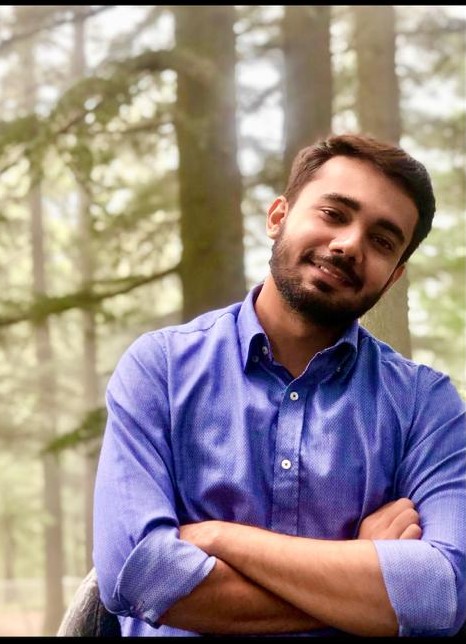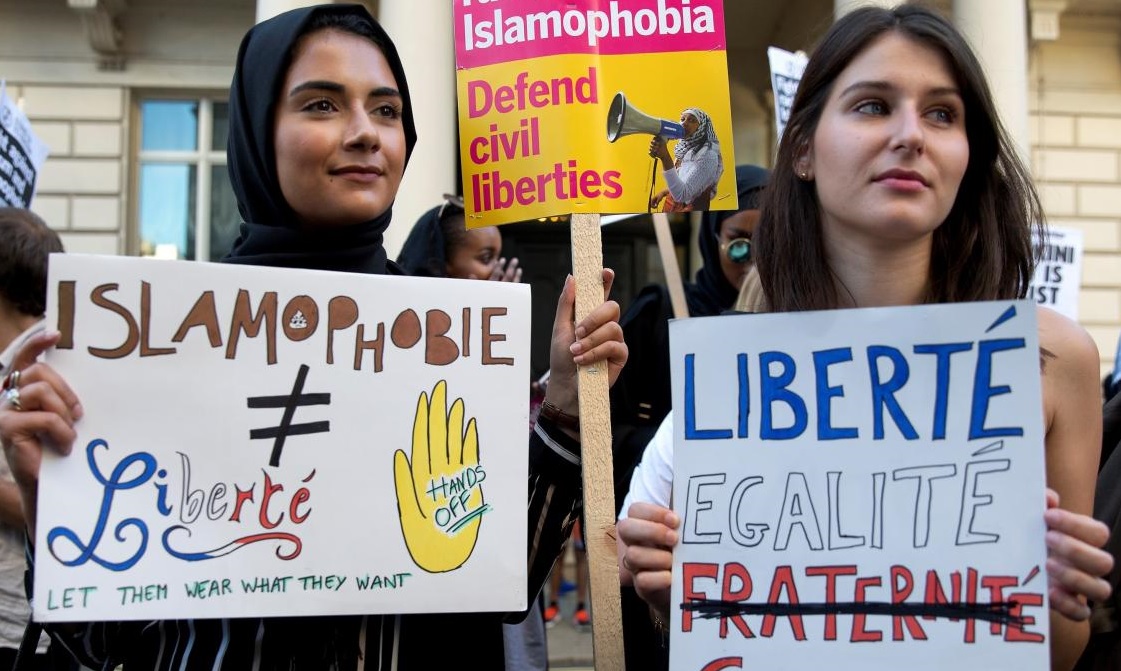Emmanuel Macron has announced a law against religious separatism aimed at freeing Islam in France from foreign influences. France has Western Europe’s largest Muslim population. In France, state secularism is central to the country’s national identity. Freedom of expression in schools and other public spaces is part of that, and curbing it to protect the feelings of a particular religion is seen as a necessary thing to intact the national unity. President Macron has strongly defended French secularism in the wake of the attacks.
The issue of the effects of Islamism has been a persistent one in France, amid fears of the kinds of terrorist attacks the country has faced in recent years, putting pressure on Mr. Macron as he faces re-election. Many of the proposals from Mr. Macron were ideas that had been floated in the past or ones he had already approved. His speech on Friday assembled it all into a comprehensive package that the government is expected to present as a bill in December.
Earlier this year, President Macron described Islam as a religion in crisis. He defended the right of magazines to publish cartoons depicting the Prophet Muhammad as a freedom of expression. Such depictions are widely regarded as taboo in Islam and are considered highly offensive by many Muslims and direct attack to their religion and hurting of sentiments. Following these comments, the French leader became a figure of hate in several Muslim-majority countries. Protesters have also called for a boycott of French products.
President Macron met with members of the French Council of the Muslim Faith (CFCM) on Wednesday. FrenchPresident Emmanuel Macron has asked Muslim leaders to agree a “charter of republican values” as part of a broad clampdown on radical Islam. He gave the French Council of the Muslim Faith (CFCM) 15 days to work with the interior ministry. The French government demanded that the French Council of the Muslim Faith (CFCM) accept two basic principles that are part of the charter; the rejection of political Islam and all foreign interference. While these measures would apply to any group, they are intended to counter extremists in the Muslim community. The formation of the National Council of Imams was also agreed upon. This comes in the context of three recent terrorist attacks in France, including the beheading of a 47-year-old teacher, Samuel Paty.
According to reports, shortly after Paty’s brutal murder, the French government launched a nationwide crackdown, including raids on those who express support for the attack. As part of the government initiated crackdown, a mosque in the northern suburbs of Paris was closed for suspected extremist links.
In a long-awaited declaration, the French president outlined new measures to defend the republic and its values and ensure it respects its promises of equality and emancipation. President Macron has also announced new measures to tackle what he called Islamist separatism in France.
Secularism is the cement of a united France, President Macron said, calling radical Islam both an “ideology” and a “project” that sought to indoctrinate children and derail them from the path of prosperity. He said that radicalization undermine France’s values. Especially when it came to gender equality and it create a “counter-society” that collides with everything and sometimes with itself. He further added that sometimes this counter society laid the groundwork for Islamist terrorism.
The measures include a wide-ranging bill that seeks to prevent radicalization. It was unveiled on Wednesday, and includes measures to stop the radicalization in the country. The measures include restrictions on home-schooling and harsher punishments for those who intimidate public officials on religious grounds. Giving children an identification number under the law that would be used to ensure they are attending school. Parents who break the law could face up to six months in jail as well as large fines. A ban will be held on sharing the personal information of a person in a way that allows them to be located by people who want to harm them.
The measures to combat radical Islamism and terrorism suggested a carrot-and-stick approach: local officials will be given extra legal powers to combat extremism while money will be invested in education, particularly of Islamic culture and civilization and to deal with other social problems including housing and poverty. Macron while addressing the issue of radicalization of the religion Islam further said that, our challenge is to fight against those who go off the rails in the name of religion, while protecting those who believe in Islam, respect other point of views and are full citizens of the republic.
The measures include placing mosques under greater control and requiring that imams are trained and certified in France. The aim would be to liberate French Islam from foreign influences, he said, particularly funding. Islamic organizations that receive funding from the French state will have to sign a secular charter. Associations found to be pushing ideas contrary to republican ideals could be ordered to disband, and just over £9m of public funds would be used to finance higher education studies and research into Islamic culture and civilization.
Macron announced extra funding for the country’s education and justice ministries to assure a republican presence in every road, every building. Macron further added that education is the key to the measures against extremism and the tolerance of second opinion. He further added that from September next year children would be required to attend school from the age of three. Home schooling is to be limited.
In a sign of how delicate the issue is for Mr. Macron, a member of his party walked out of a parliamentary hearing last month because she objected to the veil worn by a student union leader who was testifying, setting off days of heated debate. That is an issue connected with people straight through the heart. What associations in France have done and how secularism is taken there to insult a major religion of world can extract severe circumstances for France and President Macron.

The author is doing M. Phil in Public Policy and Governance. He is working as a freelancer. Previously worked with HubPages and Washington Post.
